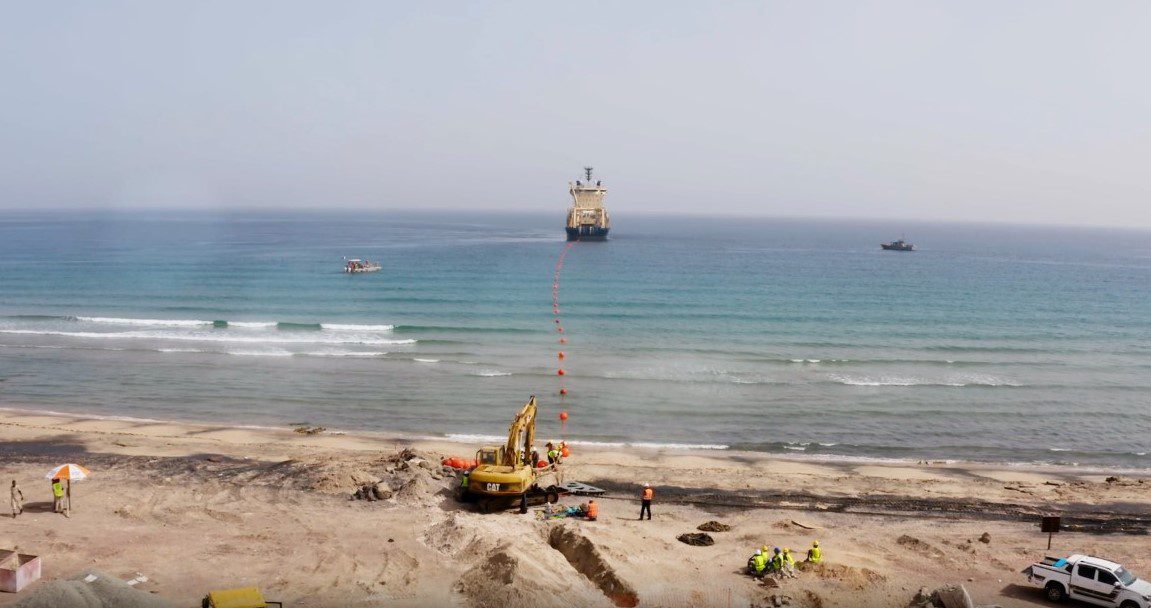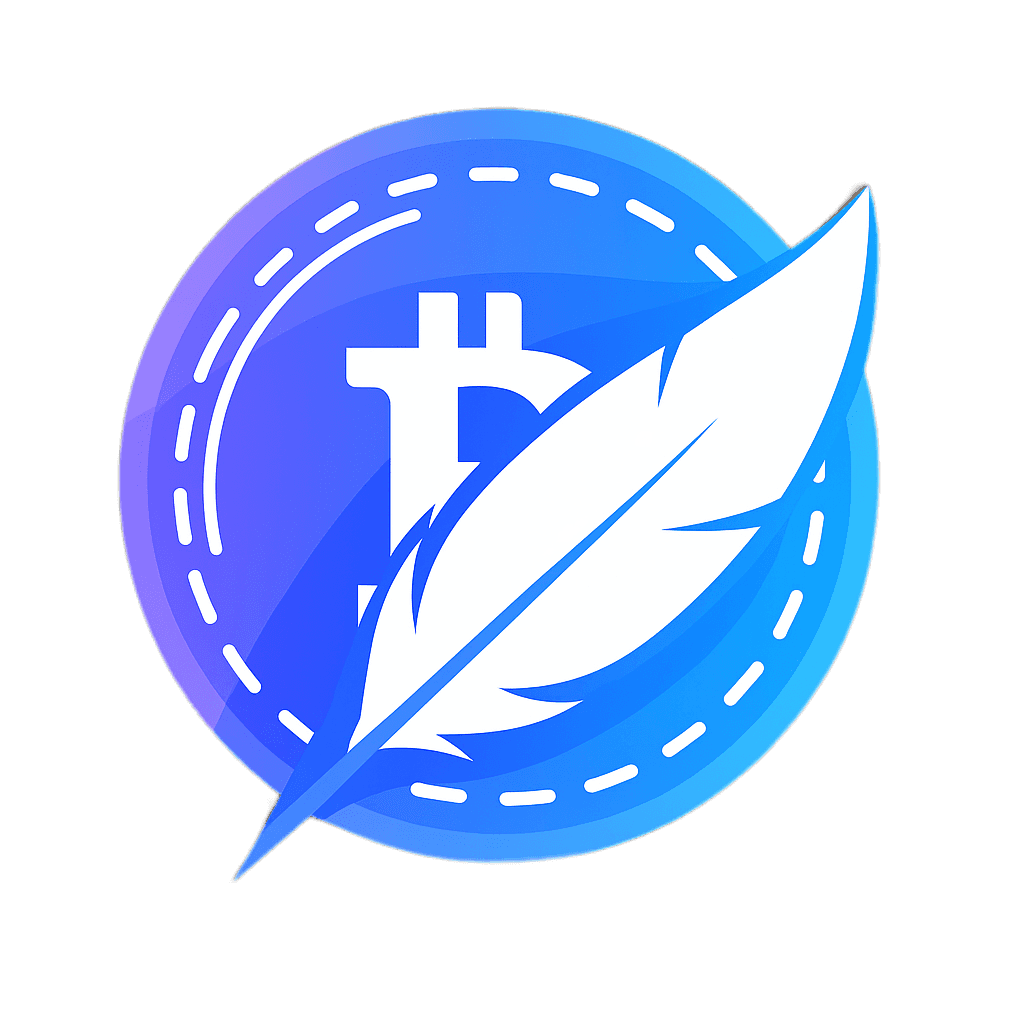Meta Inc., the parent company of WhatsApp and Facebook, has announced the successful completion and activation of the core 2Africa Subsea Cable system. This significant infrastructure project is poised to link East and West Africa with the Middle East, South Asia, and Europe, promising to revolutionize digital connectivity.
The facility was realized through a collaborative effort involving Bayobab (MTN Group), Orange, center3, Telecom Egypt, Vodafone Group, and WIOCC. The 2Africa subsea cable, distinguished as the first to connect Africa to the rest of the world, is projected to transform internet connectivity for an estimated 3 billion people, including Africa's 1.4 billion inhabitants, over the coming decade.
Meta highlighted this achievement as a historic milestone in digital infrastructure development, establishing the 2Africa as the world’s longest open-access subsea cable system. With a total length of 45,000 kilometers, the system's span exceeds the Earth's circumference.
Kojo Boakye, Meta’s Vice President for Public Policy in Africa, the Middle East & Türkiye, described the completion of 2Africa as a "monumental achievement" for Africa. He emphasized that the new infrastructure will unlock a wealth of opportunities for millions of Africans and empower businesses to drive economic growth.
At Meta, we are proud to be the architects of this transformative infrastructure and remain deeply committed to investing in Africa’s digital future, in partnership with the ecosystem.

The ambitious project involved navigating 50 jurisdictions and spanned nearly six years of intensive work. This included extensive collaboration with local partners for cable landing, construction, and the intricate regulatory processes required. Meta underscored the importance of active engagement with regulators and policymakers in overcoming requirements and maintaining progress throughout the project.
2Africa marks a defining moment for Africa’s digital future. By leading the design, funding and deployment of the world’s longest open‑access subsea cable to date, Meta and its partners are laying the foundation for faster, more reliable internet, new digital jobs and the next generation of online experiences.
Understanding 2Africa's Capacity and Impact
The 2Africa subsea cable represents a significant advancement for Africa's economy and community development. It introduces a step change in international bandwidth for the continent, offering technical capacity that substantially surpasses that of previous systems.
The cable's West segment extends from England to South Africa, with landings in numerous countries including Senegal, Ghana, Cote d’Ivoire, Nigeria, Gabon, the Republic of Congo, DRC, and Angola. The system is engineered to support a remarkable 21 terabits per second (Tbps) per fibre pair, with 8 fibre pairs on the main trunk, resulting in a total trunk capacity of up to 180 Tbps.
This massive capacity ensures a near-limitless supply of international internet bandwidth, allowing internet service providers (ISPs) and mobile network operators (MNOs) to secure capacity at much lower wholesale prices.

To put this capacity into perspective, 180Tbps is sufficient to stream over 36 million HD movies simultaneously, assuming a speed of 5 megabits per second (Mbps) per stream. This translates to an individual potentially downloading 15,000 full-length Nollywood films (each approximately 1.5 GB) per second, or enabling students to access an entire university library remotely within a minute.
For densely populated urban centers like Lagos, this enhanced capacity means that millions of users can engage in video calls, stream content, and conduct online work concurrently without experiencing performance degradation or network congestion.
Meta has confirmed that the 2Africa cable is designed to support modern digital infrastructure requirements, including advanced cloud services, data centers, and the deployment of 5G technology.

